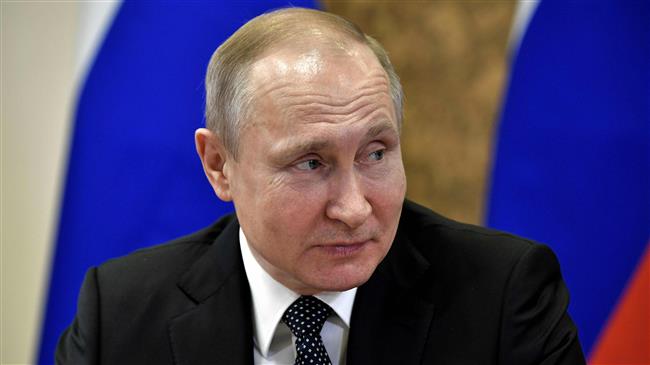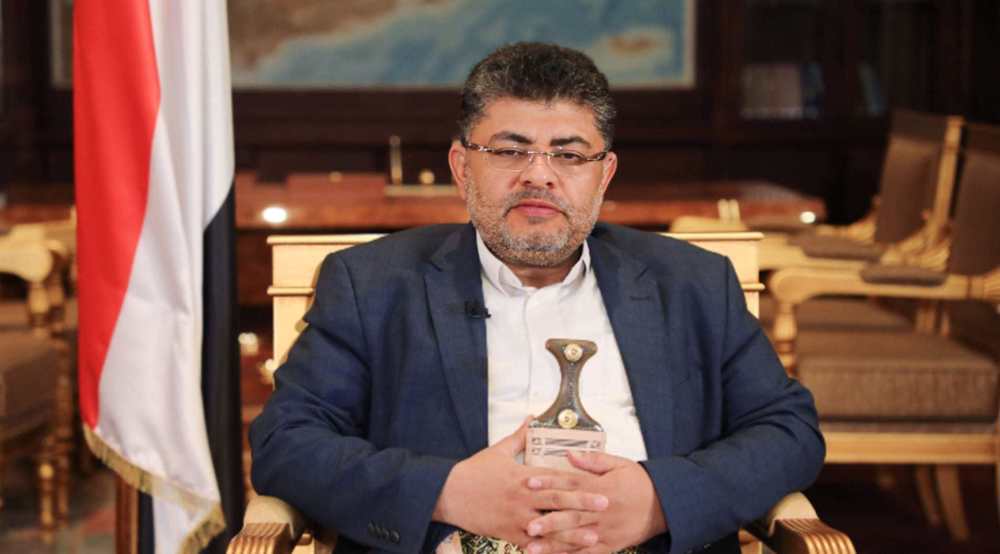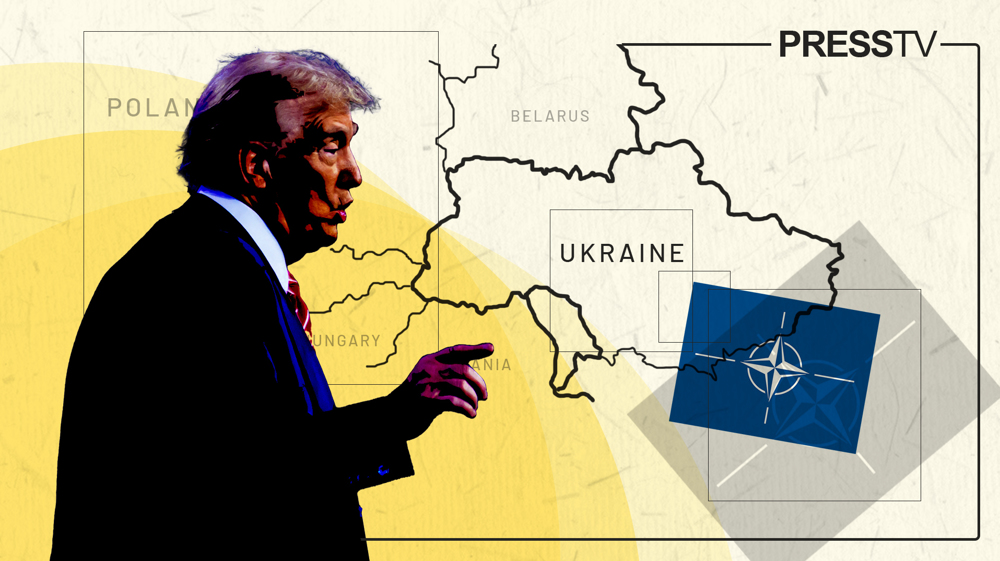US senators urge banks for information on Russian oligarchs with ties to Putin
US senators are urging many of the world's largest financial institutions to reveal any links their companies might have with wealthy Russians allied with Russian President Vladimir Putin, according to a letter.
Democratic senators Jeanne Shaheen and Sheldon Whitehouse have written a letter to the banks in a bid to increase pressure on individuals, who are on the US Treasury's so-called "oligarchs list," as well as financial institutions to closely consider those with whom they do business.
The letter seen by Reuters on Tuesday was sent to Bank of America Corp, JPMorgan Chase and Citibank in the US as well as Europe-based Barclays, Deutsche Bank , UBS, HSBC and Credit Suisse.
In August, President Donald Trump signed into law sweeping sanctions legislation against Russia, under which the Congress required Treasury to create a list of affluent Russians, the "oligarchs," who have ties to the government so that Washington might later impose sanctions on them such as asset freezes or denial of visas.
"Given their wealth and relationship to the Russian state, many oligarchs in Russia either wield or are susceptible to considerable political influence," the two senators said in the letter.

The letter also said that oligarchs have used their wealth to protect the Russian government from sanctions.
The two senators sought to find out whether each bank, within five years, had carried out a review to determine if it had any accounts controlled by anyone on the list of oligarchs or senior Russian political figures.
They said if the banks did so, they should provide information about the review and any findings, otherwise, they sought to know what was done to identify activity between the institutions and listed Russians.
While a JPMorgan Chase spokesman said the company had received the letter and was reviewing it, a Barclays spokesman declined to comment and other institutions have not yet responded to a Reuters request for comment.
The senators plan to seek more intrusive action, such as a government investigation if the banks do not provide the information.
On April 6, the US imposed sanctions on Moscow largely in response to what Washington calls Russian interference in the 2016 US election, although Treasury said they were a response to a series of adversarial actions by Moscow.
Russia has denied the allegations it had interfered in the election to help Trump defeat his Democratic rival Hillary Clinton.
Israel preparing to stay in southern Lebanon after ceasefire: Report
Israeli pressure on Hamas ‘hardly helped’; swap deal necessary: Ex-Mossad chief
Far-right Israeli minister Ben-Gvir again storms al-Aqsa Mosque
Iran: Israel’s attack on journalists’ vehicle in Gaza amounts to ‘war crime’
VIDEO | Israel’s war spending
Palestine Action wins again
VIDEO | Palestinian Authority's blockade of Jenin refugee camp reaches third week
Dec. 25: ‘Axis of Resistance’ operations against Israeli occupation












 This makes it easy to access the Press TV website
This makes it easy to access the Press TV website